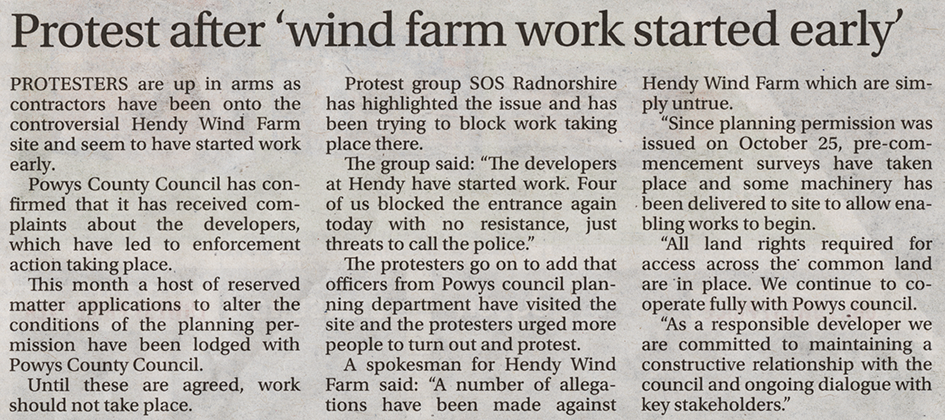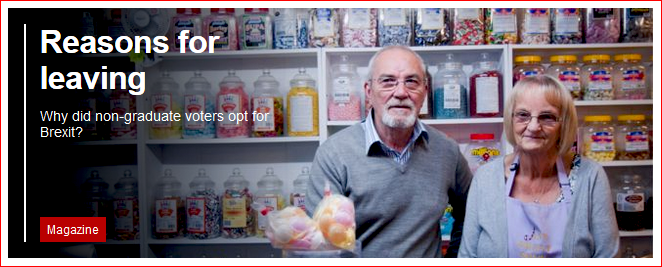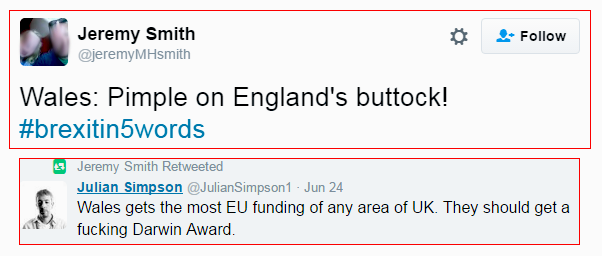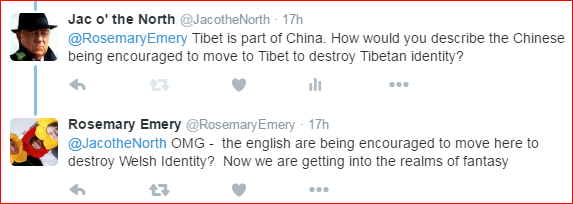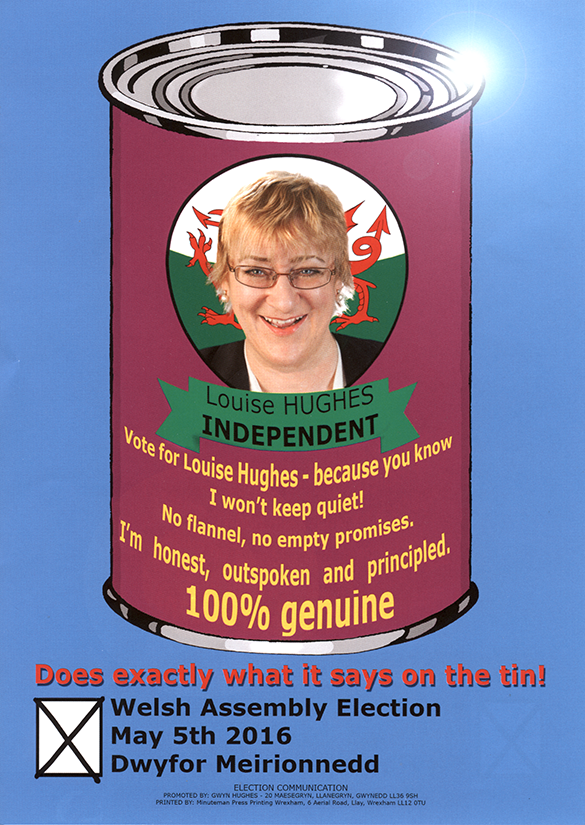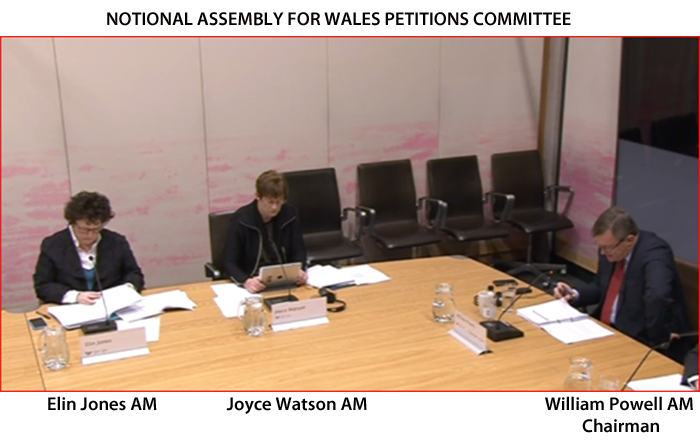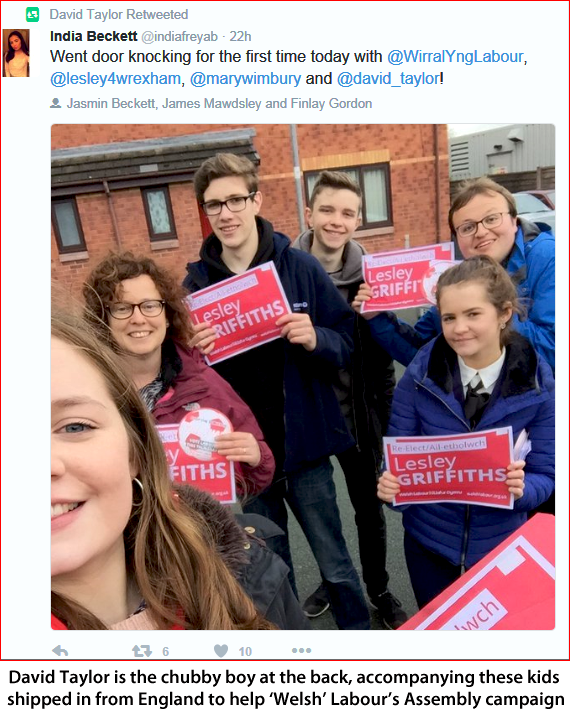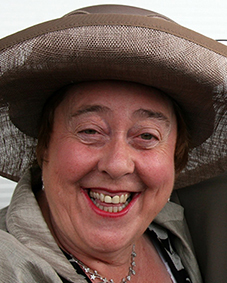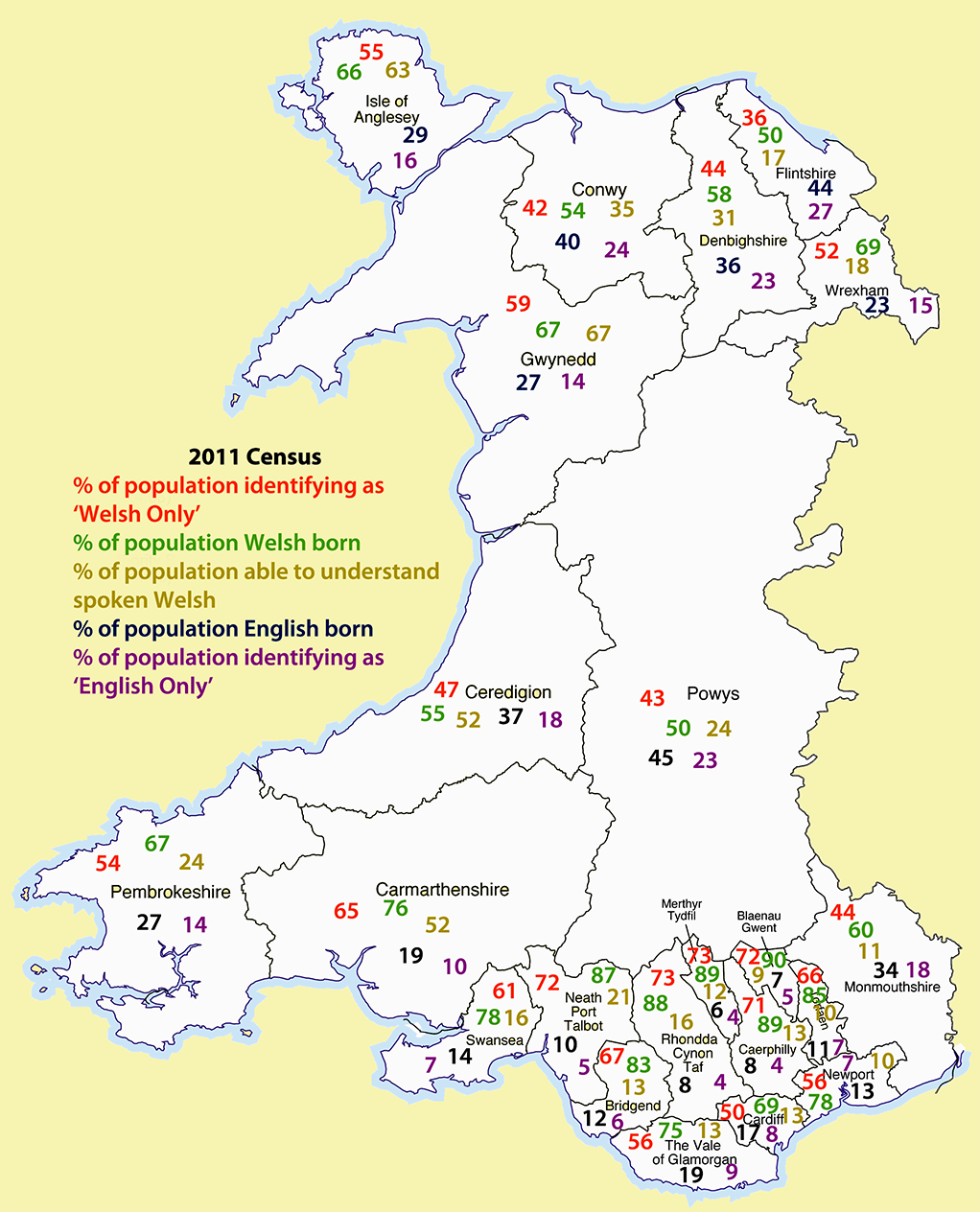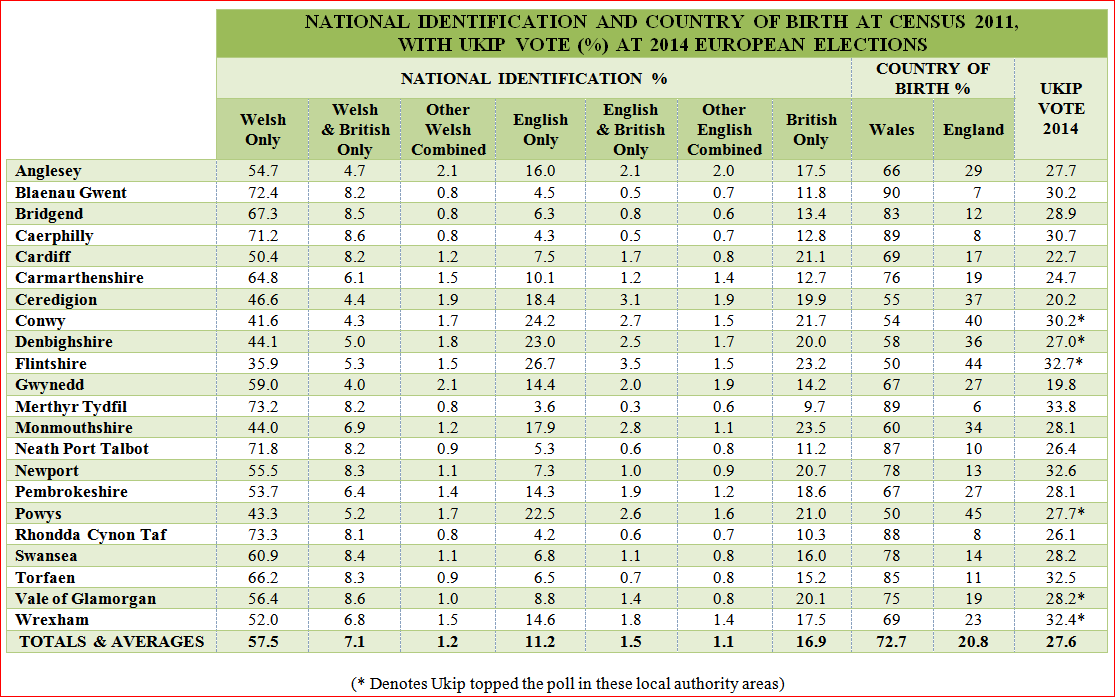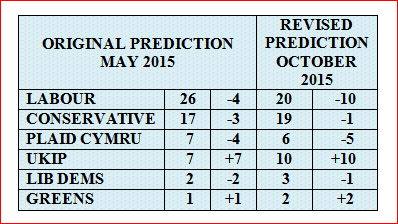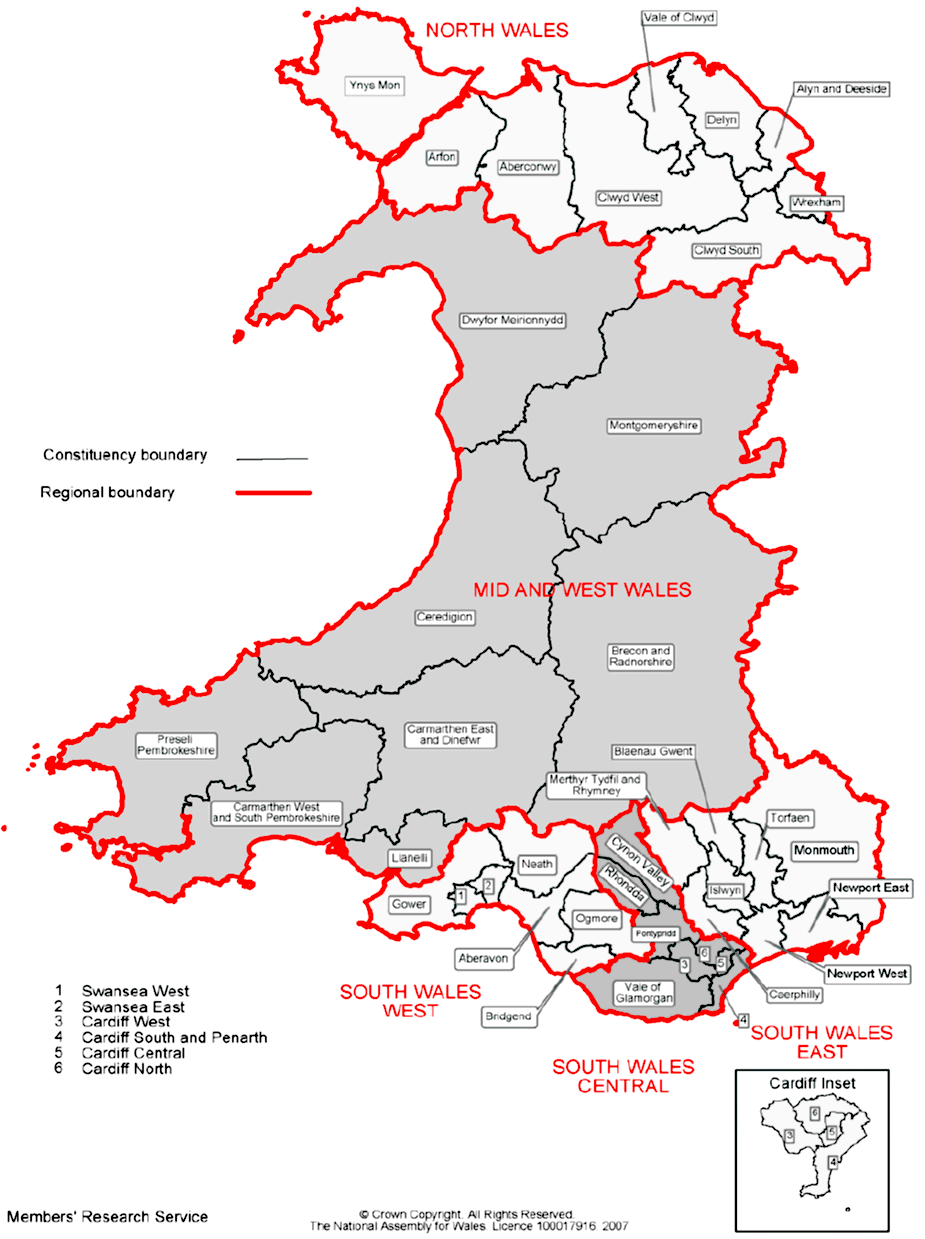PLEASE APPRECIATE THAT I GET SENT MORE INFORMATION AND LEADS THAN I CAN USE. I TRY TO RESPOND TO EVERYONE WHO CONTACTS ME BUT I CANNOT POSSIBLY USE EVERY BIT OF INFORMATION I’M SENT. DIOLCH YN FAWR
♦
LET’S RECAP . . .
![]() I suppose the obvious place to start is with an update, or perhaps a brief résumé for those new to the saga. This approach will also help me ease back into the saddle.
I suppose the obvious place to start is with an update, or perhaps a brief résumé for those new to the saga. This approach will also help me ease back into the saddle.
Paul and Rowena Williams are an unsavoury couple who, by various means, built up a portfolio of hotels and pubs in Wales, England, and Cornwall. In 2015 they formed a company, Leisure & Development Ltd, that ‘bought’ properties they already owned at greatly inflated prices.

Obviously, no money changed hands but thanks to the grotesque over-valuations mortgages were secured against these fictitious purchases. This of course was classic mortgage fraud.
Though lenders would have required valuations, and I have always suspected that these were provided by Dudley Cross of Lambert Smith Hampton. Cross had worked with the Gruesome Twosome for years, he even served as a director of Leisure & Development Ltd until the whole shooting match was allegedly ‘taken over’ in February 2018 by convicted fraudster Keith Harvey Part(d)ridge.
The valuations were done in 2015, Cross joined the company in 2016.

◊
UPDATE
A while back I drew up a list of the companies with which Paul and Rowena Williams were involved. You can see it below, and here’s the pdf version, with working links to the Companies House entries.
Now for the latest news, working down the list from the top . . .

∼
There are moves by Companies House to strike off Polvellan Manor Ltd, the two-month notice dated 2 July. The last document filed was micro company accounts in April last year, showing a loss of £1,033.
You’ll notice one charge against this company in favour of Debra Oswald, who is Paul Williams’ sister. To help you understand the chicanery behind this ‘loan’ I urge you to read this document sent me by someone who’d had dealings with Paul Williams in Cornwall.
The document is quite long, but it explains so clearly how Paul Williams operates.
UPDATE 18.09.2019: Polvellan Manor Ltd was dissolved via compulsory strike-off (by Companies House) on 17 September 2019.
∼
As reported, Rural Retreats & Development Ltd now has Myles Cunliffe and Paul Williams as directors with Cunliffe’s company Mylo Capital Ltd having ‘significant control’. The company address has moved from Plas Glynllifon to the second floor of 9 Portland Street in central Manchester. An address where we’ll find a number of Cunliffe companies.
There are seven outstanding charges with Together Commercial Finance Ltd.
∼
Leisure & Development Ltd was the main company for the Williams’ property empire and as I’ve mentioned this was supposedly bought on 1 February 2018 for £11m by Keith Harvey Part(d)ridge and Sukhbinder Singh Heer. As previously reported in this series, this company is now in administration.
There are twelve outstanding charges, nine with National Westminster Bank Ltd and three with Together Commercial Finance Ltd.
∼
Leisure & Development Ltd Licensed LLP went belly-up in July 2016.
∼
There were moves to voluntarily strike off Rural Retreats & Leisure UK Ltd in the middle of last year but it struggled on with Michael Jones at the helm. Jones was lost overboard on 31 July, which leaves this Mary Celeste of a company adrift.
A company with no nominated director is not a legally constituted company, so this irregularity has been referred to Companies House.
There is one outstanding charge with National Westminster Bank Ltd.
∼
Next up is Plas Glynllifon Ltd, where we find the Williams duo and Cunliffe listed as directors. With shares split equally between Rowena Williams and Mylo Capital. Despite the name, the company’s address is now on the second floor of the Manchester building I mentioned earlier.
More importantly, perhaps, Companies House has given notice that Plas Glynllifon Ltd risks being struck off in mid-October. This of course may be the desired outcome, because . . .

There are eight outstanding charges, all with Together Commercial Finance Ltd.
∼
Gwesty Seiont Manor Ltd was dissolved in May.
∼
Finally, we have the Seiont Manor Hotel Ltd, which might now be dissolved, seeing as Companies House issued the notice on 25 June.
∼
All of which suggests that the Williams portfolio is now reduced to Rural Retreats & Development Ltd. Though with nothing filed with Companies House since February, and seven outstanding charges, the future of this survivor must also be in question.
◊
UPDATE 2
Which takes the form of a quick roundup of changes I’ve been informed of in recent months. A few snippets from hither and yon.
Rikki Reynolds, right-hand man to Paul and Rowena Williams, said to know where the bodies are buried (metaphorically speaking), and who was running the Seiont Manor hotel, was sacked in March(?), presumably by Cunliffe.
He is believed to be writing his memoirs.
On April 3 new company Seiont Manor Ltd, sole director Myles Cunliffe, transferred its address from Manchester to the hotel of the company’s name.
On July 8 North Wales Live reported Myles Cunliffe saying, ‘they were in the final stages of selling the site after coming to the conclusion they are not able to complete the redevelopment. He said: “At the mansion (Plas Glynllifon) it has not been feasible to take the site forward, we have not been able to realise Paul’s dream for the site and need a hotelier now to take the site to the next level.’
Pure bullshit. There’s more chance of sighting Lord Lucan riding Shergar through the grounds than there is of finding a ‘hotelier’ to take over a vast and cripplingly expensive to maintain building in the wrong location.

According to the administrator’s progress report on Leisure & Development Ltd, dated August 9, here is the state of play with the various properties:
- The Knighton Hotel went to auction May 9, but failed to reach its reserve price.
- The Radnorshire Arms in Presteigne is also unsold but there is interest.
- The Bird in Hand (Ironbridge, Salop) continued trading, contracts being drawn up. So by the time you read this it might have been sold.
- The Castle Inn and caravan park (Wigmore, Herefordshire) has been sold.
- The Salutation Inn and caravan park (Berwick-upon-Tweed) sold for £215,000.
- The Waves Bar and Resort (Seaton, Cornwall) sold in April for £501,000.
It seems the administrator might be stuck with the Knighton Hotel. A large establishment – made up of two separate buildings – with the sale complicated perhaps by the Williams duo still owning parts of the whole, certainly the former retail unit at ground floor extreme right.

Going back to the administrator’s progress report, I found Appendix B interesting for it lists the creditors, something we’ll look at in a minute.
In the Notice of administrator’s proposals, dated 10 September 2018, we read that the six properties we’ve just looked at were valued at £11,887,828, according to documents lodged with the Land Registry.

So in 2015 Paul and Rowena Williams claimed to have paid £11,887,828 for those six properties, three of which have now been sold for perhaps just one million pounds. The largest, the Knighton Hotel, failed to reach its reserve price of £350,000 at auction.
As a matter of interest, according to the Land Registry document, Paul and Rowena Williams ‘paid’ £2,881,599 for the Knighton Hotel in 2015.
The most the administrator will make from the sale of all six properties is maybe £2m. Yet as you can see in the table below, taken from the same administrator’s report, NatWest is owed £6.2m on those properties. How is this possible?

It’s explained by Paul and Rowena Williams inflating the valuations to gain mortgages, in line with the example of the Knighton Hotel. And remember, they already owned all six of the properties, so they paid nothing!
With the £6.2m figure accounted for by perhaps 50% mortgages on inflated ‘purchase’ prices plus interest.
Clearly, NatWest will be lucky to see a third of what it’s owed by Leisure & Development Ltd. Or less, after the administrator and others take their cut.
And spare a thought for the ‘Unsecured creditors’, owed £306,961.36. These will be suppliers, local tradesmen, staff, and others who really can’t afford to lose money, but these poor buggers won’t see a penny.
Moving on . . .
◊
MYLES CUNLIFFE AND FRIENDS
To believe the Daily Post, when Paul and Rowena Williams were at their lowest ebb a knight in shining armour came galloping in to rescue them. Under the gleaming armour was the manly physique of ‘finance guy’ Myles Andrew Cunliffe.
I always had doubts about Cunliffe, who was after all a small-time operator, offering finance on second-hand cars – why the sudden jump to stately homes? I touched on the answer in an update to Weep for Wales 12, in which I mentioned Jonathan Disley, ‘the King of Marbella’.
The link might be Neil George Cunliffe, who lives in Marbella. The two Cunliffes are from the same area and it’s reasonable to assume they’re related. And I find it difficult to believe that Neil Cunliffe, living in Marbella, does not know ‘the King’.
More recently, it seems Disley has been looking for investment opportunities back in Blighty, maybe Brexit has prompted this return. If so, this might be ironic, as I’ll explain in a minute.
Among the investment opportunities being considered was Blackpool football club. For it was being reported last year that Disley was in negotiations with Owen Oyston, the unpopular owner, to buy him and his family out. Also seen with Oyston in the directors’ box at Blackpool were Myles Cunliffe and Dennis Rogers.

So who is Dennis Rogers? Well, as you might have guessed, he’s another ‘businessman’, one who’s been involved in quite a few companies with Cunliffe. Companies such as Etaireia Investments PLC (both resigned as directors 27 March, 2019), Get Me Finance Ltd, Mylo Capital Ltd and Goldmann PLC (formerly Cunliffe Rogers and Ellis Capital PLC), which they both joined as directors 11 December 2018.
In fact, Rogers is quite an interesting character for a number of reasons. Earlier this month he was announced as the Brexit Party candidate for Warrington South . . . and then, two weeks later, he wasn’t. The story behind this abrupt change takes us to the heart of the possible Brexit connection.
Some trouble-making local checked Rogers out on the Companies House website and found that he had an Isle of Man address. Perhaps this one. Obviously there were some objections to this Manx resident standing for Warrington.
Though if you look at the address given for the company you’ll see that it’s in Holmes Chapel, Cheshire, where Rogers lives. That confusion is not clever.
But now it gets really funny, so stick with it . . .
After working as a Strategic Business Advisor for the IoM government Rogers kept up the pretence of Manx residency. But then, the fuss over his candidacy, and questions as to where he lived, and whether he paid tax, alerted HMRC, who I’m told are now making enquiries.
Though his IoM connections get even more interesting when I tell you that Rogers was a nominee director of Rock Holdings Ltd. And if Rock Holdings rings a bell then it might be because it’s the company that many allege Arron Banks used to channel money into the 2016 Leave campaign.
“A nominee director is a director appointed to the board of a company to represent the interests of his appointor on that board. He may be appointed by a shareholder, a creditor or another stakeholder”. So who appointed Dennis Rogers?
The Banks connection is spelled out in this report from Manx Radio from just a week ago: “Earlier this year, the Manx businessman (Rogers) was named as a nominee director for Rock Holdings Limited, a company which forms part of Arron Banks’ insurance empire.”
I bet you’re glad you stuck with it!
Going back to Goldmann PLC, we see that the secretary is Sean Colin Hornby. Hornby was a Labour councillor in Bolton until some misunderstanding over unlicensed taxis led to him standing as an Independent before he joined Ukip. Despite the rise of the Brexit Party Hornby stuck with Ukip and his loyalty was rewarded with re-election in May.

◊
ONE THING LEADS TO ANOTHER
The bottom line is that Cunliffe and Rogers work for Disley or, as it was put to me, they’re his front men. They are, effectively, employees.
It is further suggested that Goldmann PLC is Disley’s company. Rogers was removed as a director on August 16 due to the attention he was attracting from HMRC and possibly other agencies.
Something else that may be connected with the unwanted attention is that until 19 August Goldmann Ltd was known as Cunliffe Rogers and Ellis Capital PLC. I’m told that ‘Ellis’ is Tom Ellis, Disley’s son-in-law.
Obviously we are dealing here with ‘colourful’ and unorthodox businessmen, where what you see ain’t always what you get. The sort of people I write about all the time. Too often, in fact, because Wales attracts so many such chancers.
Which is why I find the Brexit angle, and the possibility it throws up, a welcome diversion. Let me explain.
∼
Earlier I provided an IoM link for Dennis Rogers. The company was National and Commercial Extwistle Ltd, with Rogers giving his address as the Trafalgar pub on the South Quay in Douglas.
In the image below, the Trafalgar pub is the white building on the left, and the redbrick building behind the pub is what I suspect are the old offices of Manx Gas, with the company’s new office building on the right. The old building is now called Murdoch Chambers.

Why am I telling you this?
Because in this report – and I can recall watching it on Newsnight – John Sweeney locates Rock Holdings’ (the Banks’ company we looked at just now) address to Murdoch Chambers. The report says:
“At the time of the referendum, Rock Holdings’ address had been registered at Murdoch Chambers, South Quay, Douglas, Isle of Man.
Newsnight visited the island this week and its first stop was to Murdoch Chambers, which now appears to be an accommodation address, facing a gas showroom overspill car park. The door was locked and no-one answered.”
I know the Isle of Man isn’t that big, and Douglas is a fairly small town by mainland standards, but even so, Banks and Rogers being neighbours strikes me as one hell of a coincidence.
Another company I found giving the Trafalgar pub as its address was The Bullion People Ltd. Secretary and sole director Jodie Rogers. This company was Incorporated 4 September 2012, filed nothing, and was dissolved 13 May 2014.
A further company registered in a pub that called time for the last time in February 2010 was The Cash Point Ltd. Same pattern, single share held by secretary and sole director Jodie Rogers. Incorporated 6 September 2012, nothing filed, dissolved 6 May 2014.
And it’s the same with the Dennis Rogers’ company. He served as secretary and sole director, the company was set up 2 February 2017, filed nowt, and dissolved 10 July 2018.
But back to Jodie . . . who I assumed was either the daughter born when Dennis Rogers was a twenty-year-old stripling, or his much younger wife.
Dennis and Jodie turn up together in other companies, but in some older entries she’s Miss/Ms Jodie Lee, which suggests they tied the knot. Let’s look at a few of these companies.
There was the Gold and Silver Exchange Ltd and Cash For You (UK) Ltd. Both short-lived and with no accounts published. Then there’s Collateral Business Centre Ltd. (Originally Goldmann and Sons Ltd). Incorporated 6 June 2013, filed only accounts for a dormant company, dissolved 27 December 2016.
Among the directors of Collateral Business Centre was Peter Currie. Check out the companies he’s been involved with, and see how many of them have been dissolved or liquidated after a similarly short existence.
We looked at companies in the Trafalgar with ‘cash’ and ‘bullion’ in their names. Now we can add, ‘gold and silver’, ‘lending’, ‘finance’, ‘currency’, ‘money’, ‘capital’, ‘cash’, and even ‘pawn’.
Companies that are clearly involved in moving money or trading in precious metals, but they don’t seem to do any business, they never submit accounts, and they go out of business very quickly before there’s too much tedious paperwork cluttering up their palatial offices.
There may be an honest explanation for businesses like this. Though if so, then I’m still waiting to hear it.
◊
CONCLUSION
We started with a couple of shysters and their hangers-on, and it was fairly easy to spot mortgage fraud. I now hear that Paul and Rowena Williams have been offered a very decent sum to hand over Plas Glynllifon, the Seiont Manor, Fronoleu (near Dolgellau), and Polvellan House in Kernow.

We can but guess at the use to which these buildings will be put. But they are unlikely to be renovated. For now we seem to have moved into a different realm. Not only in terms of scale, and opacity, but also thanks to the possible political dimension.
Over the years I’ve copped a lot of criticism, I’ve had many critics, even threats. But it all seemed to ratchet up when I first mentioned Cunliffe, Rogers and Disley. Was it because they were afraid of their business dealings being exposed, or was it due to the Brexit connection?
The usual Remainer theory is that the Leave campaign was funded from the Kremlin, a tactic in Russia’s ongoing attempts to destabilise the West. But I think my old mucker Vladimir Vladimirovich gets a bad press – where’s the evidence he was slipping brown envelopes to Arron Banks or anyone else?
There is no evidence of the money coming from Russia. That £8.4m that Arron Banks can’t account for could just as easily have been found down the back of a Spanish sun lounger.
The links are there for all to see. Or maybe the key lies in the answer to a single question: Who insisted that Arron Banks make Dennis Rogers a nominee director of Rock Holdings, the alleged conduit for the money that might have swung the 2016 referendum?
♦ end ♦
P.S. A message to those who keep sending me letters and generally having unkind thoughts about me. I really don’t care what you get up to in Spain, or England, or the Isle of Man, or Timbuktu, but once you cross the border into my country I will take an interest. Because it’s my country, I love it, and I will protect it from people like you.
The message should be obvious: if you don’t want me to write about you – stay out of Wales.









